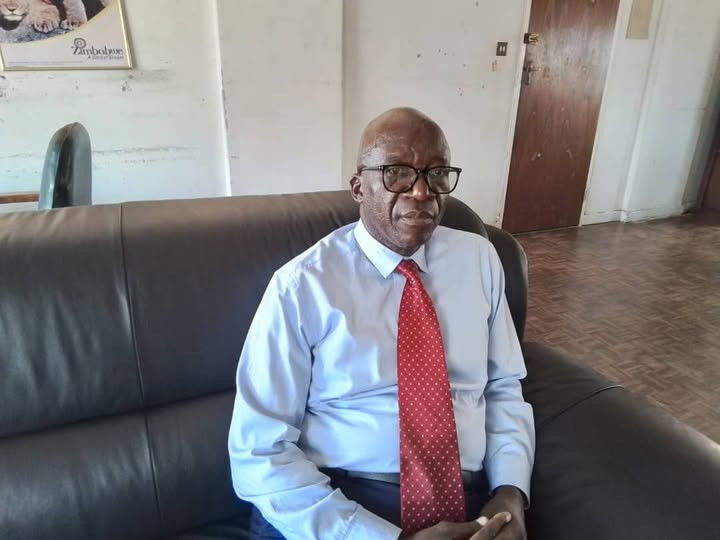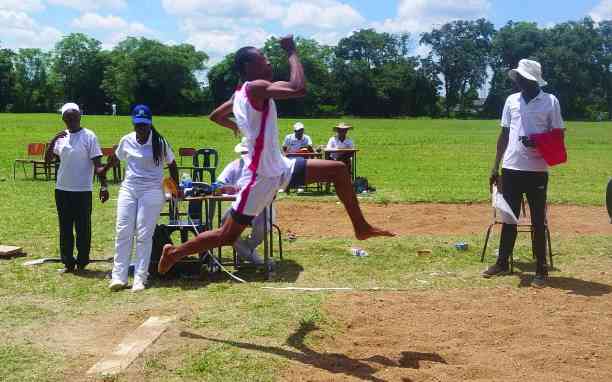
There is that dreaded moment in a cricket match when the fielder realises that the ball has been hit miles up in the air and is coming in his direction — he is the one who must catch it. He watches the ball carefully, moves his feet around to try to get in the right position as the ball reaches its zenith and then it gradually plummets to earth with increasing velocity and venom. The fielder raises his hands together to get them in position above his head, stutters a little on his feet until finally the ball crashes into his hands — and through his fingers and to the ground, after hitting his head painfully. He faces the ignominy and embarrassment of dropping the catch, the pain of the ball on his head and the wrath of the bowler looking to claim the priceless wicket.
It will never be any comfort for that fielder to know that thousands of others have done the same or indeed that some have done it in extremely important moments of crucial matches. Steve Waugh of Australia, having scored 56, was said to have told Herschelle Gibbs of South Africa that “You’ve just dropped the World Cup” (but actually said “You’ve just lost your team the match”) when in a crucial match in the 1999 World Cup which Australia had to win to qualify for the semi-final (if they had not won, then Zimbabwe would have qualified), Gibbs caught the ball and, in the excitement, threw it up in the air, (which action was deemed by the umpires to have shown the ball had not in fact been caught). Waugh went on to score 120 not out and Australia won the match and later the World Cup.
We might also try to imagine how Chris Scott, the Durham wicketkeeper may have felt when in a match against Warwickshire in 1994 he dropped the mercurial batsman Brian Lara when he had scored 18 runs — and Lara went on to score the world record individual score in First Class cricket of 501. That too was an expensive drop, in the same way that dropping a vase could be expensive as it breaks into many pieces when dropped. Dropped — it is a horrible word!
It is not just catches or vases that are dropped though – players are sometimes dropped, be it during a match (just being substituted) or after a match. And in a similar way to a vase being dropped, so being dropped from a team can be extremely tough and traumatic. Steve Waugh, who made sure Herschelle Gibbs felt bad, was also himself dropped from the national team on a few occasions, describing in his autobiography how such experiences can be “psychologically damaging”.
Of course, sometimes the dropping is couched in other words to try to overcome the devastating feeling of rejection. Coaches may say the player is being rested (“as there are a lot of matches coming up”) or the coach is employing squad rotation (to prepare all players for when they may be needed in the team, on account of the perceived better player being injured) or the coach is using different tactics and formations – those are all very good reasons. There may be many ways to try to soften the blow but the player himself only thinks one thing – he has been dropped. He is surplus to requirements; he is no good, useless. His pride is hurt, (not just his head); his heart is heavy.
The player who is dropped may have one of various reactions. He may have a huge meltdown, shout, swear, scream, throw things around, kick out at anything nearby, slam doors. He may cry or complain or moan; he may even beg or plead. Onlookers may well mutter aside (it is best not to say it directly to the player’s face at such a time) for the player to “man up”, or “toughen up” or just “get used to it”. And here is the heart of the matter: players actually must get used to being dropped and to do that, it is very simple: coaches at school must ‘drop’ players often; they must place others on the team. They must not look at results but look at preparing pupils for future non-selections in sport and in life. If players do get used to being dropped, rested or whatever, then it will not become so psychologically damaging; they will know the benefits and reasons.
Pupils must realise no one player is indispensable (after all, the player may be injured one day). They must realise that, though they are dropped, they remain part of the team; they still have a part to play on the bench or in training. They have not lost the World Cup. They have been given valuable lessons to help them face being dropped in a relationship or in employment. Get used to it? That makes a lot of sense. And we had better get used to that now.
- In Full: Nineteenth post-cabinet press briefing: July 05, 2022
- Muzarabani eager for Chevrons to qualify for Australia 2022
- R. Kelly sentenced to 30 years in sex trafficking case
- Cops Arrested For USD 10 Fraud











